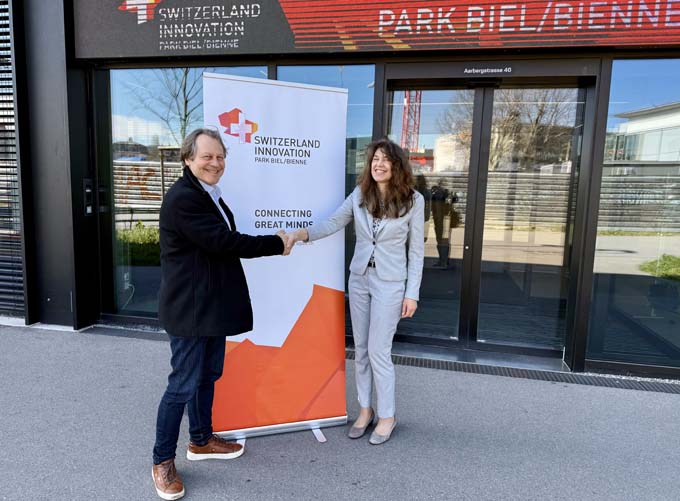How egos hinder digitization
When digitization projects fail, the reason is often outdated organizational structures - or personal vanity. In the experience of one IT project manager, it's egos that get in the way of digitization, and there's a lack of reflectiveness and flexibility.

Today, no department in an administration and no department in a company can do without IT. The digitization of work processes, interfaces to customers, other departments or suppliers, and information and reporting tools are affecting every single workplace. On the other hand, there are the traditional hierarchies and superiors who only rarely have IT expertise, but who can look back on a long career. This combination causes many IT projects to fail. If external IT project managers are added to the mix, many projects get completely out of hand. "Those who have the expertise are external, and those who are in charge are outside the field. Both encounter employees who are not necessarily eager for new technologies," says Oliver Meinecke, describing a common situation from his professional practice. Meinecke is an IT project manager and is considered an expert on efficiency in IT. His thesis: Many projects fail because of egos. Egos not infrequently hinder the digitization of entire divisions and agencies.
When egos get in the way
"Hierarchical guidelines and authority based on the experiential knowledge of the analog world are no substitute for the expertise it takes to introduce new software or map complex processes digitally," Meinecke is convinced. "To think is not to know. Technical processes cannot be changed by decree." According to the IT and digitization professional, it is not uncommon, especially in administration and at the management level, for a great deal of paper to be produced stating how the world should be: from security issues to functionalities to the meticulous project process from procurement to implementation. With the power of the function, these specifications are then enforced, often against the professional and technological expertise and without the participation of the subsequent users. "So in the end, everyone has to live with the consequences, both those responsible for the project and those involved and later users."
Many projects failed because of this. "Rules and specifications are increasingly becoming dogmas. Changing them would mean a loss of face for one or the other. Many supervisors in public authorities and managers in companies are incapable of taking countermeasures, admitting mistakes or having specifications measured against reality or questioning them," Meinecke knows. Agile project management, creative solutions and spontaneous optimizations would thus become almost impossible. They simply fail due to ego.
Don't just digitize bad analog processes
The digital expert is convinced that a new culture is needed: away from being absolutely right and toward the recognition of changes of opinion and direction. "Consistency is often confused with stubbornness. Those who change their opinions all too often are seen as fickle. Thus, people are denied the opportunity to turn new insights and knowledge into successes. What is needed here is a flexible culture of error, insight and improvement," says Meinecke. Especially when external experts are hired to implement a project, it makes sense to use their competent view of the matter and their perspective from the outside. "Consultants must be allowed to play to their advantages. Unrepentant egos in neuralgic management functions stand in the way."
Digital transformation will not succeed if poor analog processes are simply digitized. It is necessary to rethink, to focus on the customer, the user and the technological processes, not on the career ladder of the decision-makers. Anything else costs time and money and produces exasperation, Meinecke said. "Sometimes it will be necessary to put managers in their place or even replace them as part of IT projects - in the interest of the cause and the goal," concludes the IT expert. What is needed are creative problem solvers instead of hierarchically thinking checklist abhakers - even on the executive floors.
Source: Sowacon Ltd.









